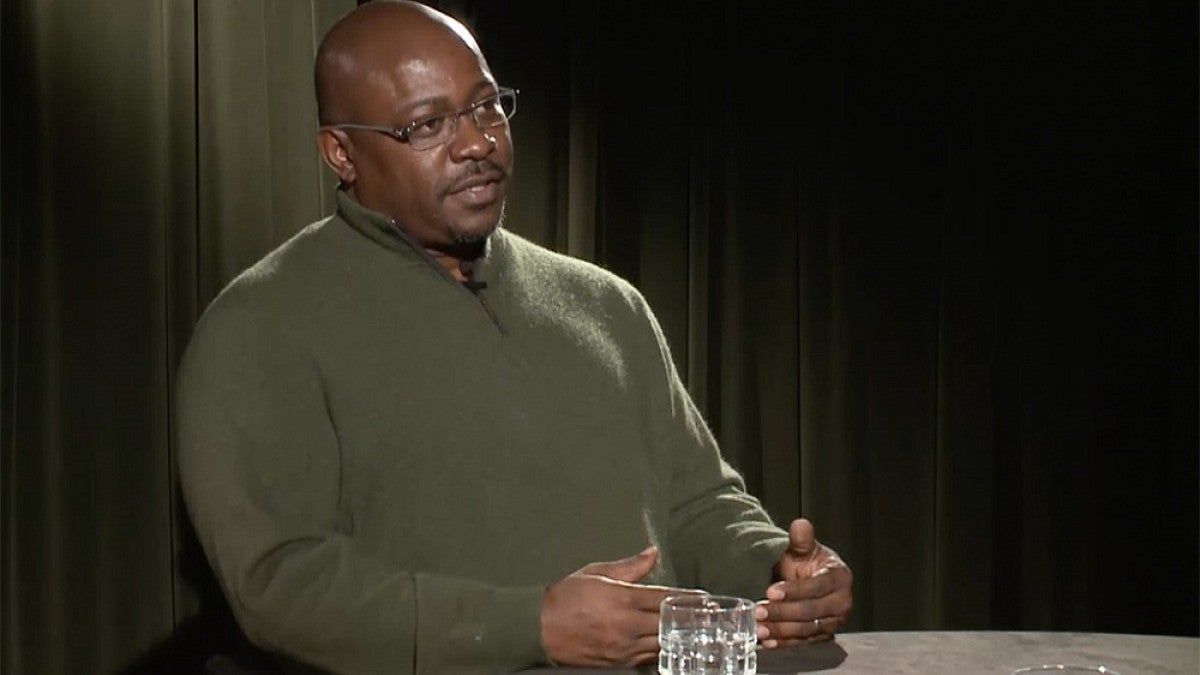Recently on UO Today an associate professor of history talks about his book “Up Against the Wall: Violence in the Making and Unmaking of the Black Panther Party.” Curtis Austin joined the UO faculty in fall 2017.
The Black Panther Party was founded in 1966 by college students Bobby Seale and Huey Newton in response to police brutality towards black people. Unlike other organizations such as the National Association for the Advancement of Colored People and the Congress of Racial Equality, the Black Panthers were not rooted in nonviolence.
“What I had a woman in the NAACP in the military tell me once is that nonviolence works fine in the daytime, but when the cameras leave and the reporters go home, you have to insist on defending yourself,” Austin said. “So that’s what they did in the NAACP and that’s what they did in (Congress of Racial Equality). So there’s not that big of a difference between these organizations and the Panthers. The biggest difference is that the Panthers said it publicly and openly.”
In addition to police brutality, the Black Panthers focused on issues such as employment, health and housing in black communities. Austin discussed the involvement of white communities in funding the group.
“What I try to point out in my book is that the (Black Panther Party) would not exist without white people,” he said. “The majority of the money that went to produce the paper, to buy guns and to get all the things you needed to run a breakfast program or a health clinic comes from students, people in the white community, and by extension we’re talking about the Asian community, we’re talking about the Latino community.”
Curtis also talked about the Black Panther Party’s Ten Point Program and the meaning behind the gun, leather jacket and black beret of the Black Panther uniform. He touched on the efforts of the FBI to undermine the party and on both the party’s misogyny and its efforts to elevate women.
For more, watch the interview on the UO Today channel.
“UO Today” is a weekly half-hour interview program hosted by Paul Peppis, a UO English professor and director of the Oregon Humanities Center. Each episode features a conversation with UO faculty and administrators, visiting scholars, authors or artists.
It is produced by the Oregon Humanities Center in collaboration with UO Libraries’ Center for Media and Educational Technology. An archive of past interviews is available on the Oregon Humanities Center’s website or on their YouTube channel.
—By Sarah Eddy, University Communications


